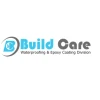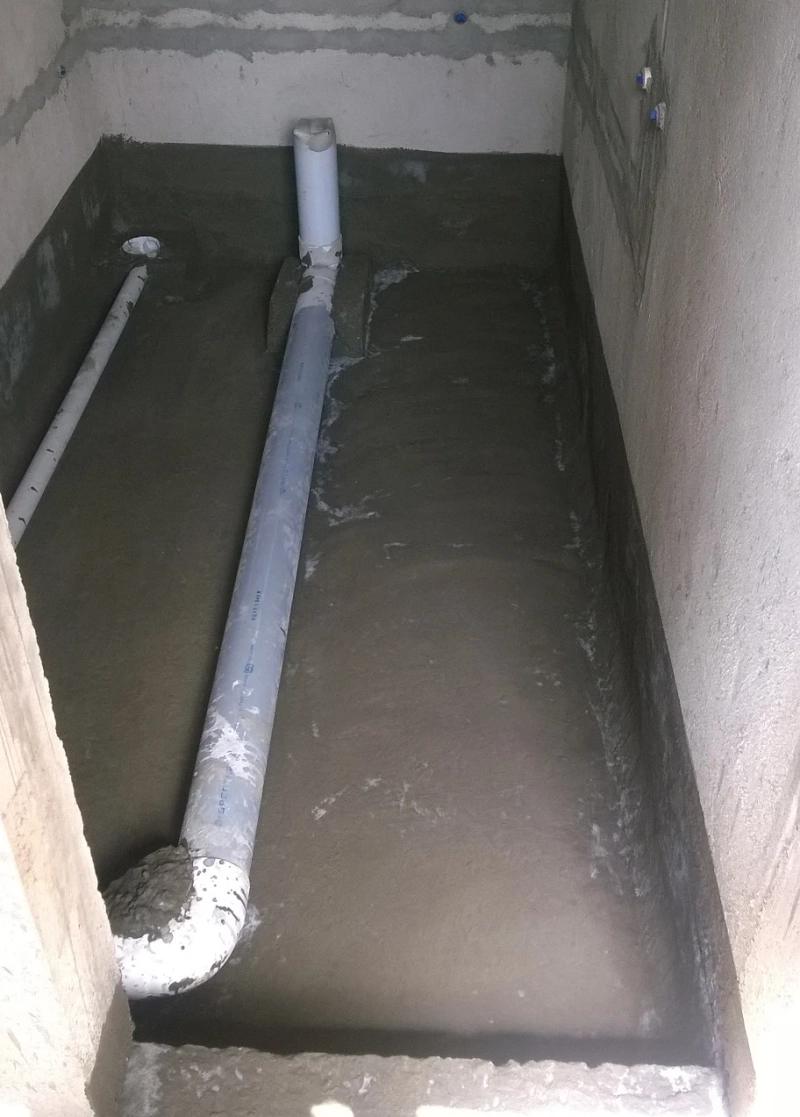Overview on Sunken Slab
The sunken slab, also known as a sunk slab, is a type of floor that is placed below the regular floor level. This lower level allows for the installation of pipelines and utility vents. The sunken slab is cast at a specific depth below the regular floor level, such as 200mm, 300mm, or any other depending on the design, and this additional depth is utilised to install pipes and utility ducts. Then, sand or other light materials are used to fill the area up to the normal floor level. This article will delve into sunken slabs and their various uses.
Benefits of Sunken Slab Waterproofing
Proper sunken slab waterproofing offers several benefits, making it a crucial step in construction. Firstly, it prevents water from seeping into the structure, which can lead to the weakening of the foundation and structural integrity. Secondly, waterproofing safeguards against the growth of mold, mildew, and dampness, which can be detrimental to the overall indoor air quality and occupants' health. Additionally, it minimizes the risk of water-related damages and costly repairs in the long run. By implementing effective waterproofing techniques, construction professionals can ensure that the sunken slab remains durable and watertight, providing a robust foundation for the sewage system and offering peace of mind to the occupants.
Methods of Sunken Slab Waterproofing
Several effective methods are employed to waterproof sunken slabs and protect them from water-related issues. The process begins by blending R.C.C. (Reinforced Cement Concrete) with a waterproofing substance to create a robust underwater concrete structure. Additionally, a layer of plaster containing a cement softener is applied on top of the sunken slab, providing an additional barrier against water infiltration. For the brickwork on walls and floors, a cement paste mixed with a plaster softener is used, enhancing the waterproofing capabilities. To create a waterproof surface for flooring and walls, non-shrink, waterproofing adhesive is utilized when attaching tiles. Moreover, specially designed sealants are applied to the connections of sanitary pipes, ensuring they are protected from potential water leakage.
Sunken Slab for Toilets and Water Systems
Sunken slabs are commonly used in bathrooms and laundry areas where water systems and pipes are positioned below the floor level. The depth of the sunken slab, typically ranging from 20 cm to 30 cm, is determined by the placement of vents or pipelines. Once the sewage system is installed, the sunken slab can be filled with materials like coal or crushed bricks. Proper construction is essential to prevent water leakage or moisture issues. To protect the pipes and minimize maintenance, the space between the sunken slab and the regular floor level is filled with sand, coal, or other lightweight materials. Due to the presence of moisture and the potential for water leaks, special care must be taken during the construction of sunken slabs in these areas.
Conclusion
Sunken slab waterproofing is a crucial aspect of construction that ensures the longevity and integrity of structures, particularly in areas with water systems below the floor level. Employing specialized techniques, such as blending R.C.C. with waterproofing substances and using non-shrink, waterproofing adhesive for tiling, creates a robust and watertight sunken slab. This process prevents water infiltration, safeguarding against structural weakening and the growth of mold and mildew. By minimizing water-related damages and future repairs, sunken slab waterproofing offers financial and practical benefits. For the best sunken slab waterproofing service in Kochi, Buildcare Waterproofing is the best choice. Their skilled team and high-quality materials ensure impeccable results, providing a solid foundation for residential and commercial projects.


